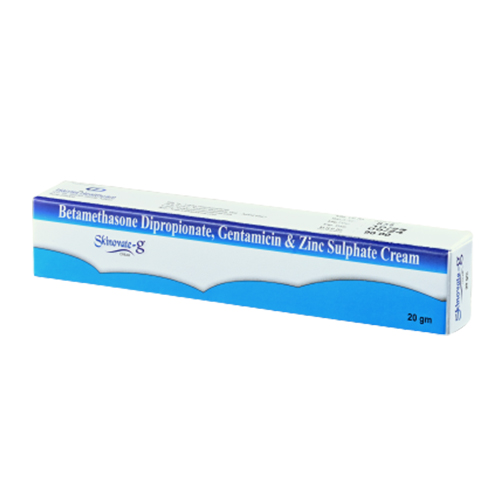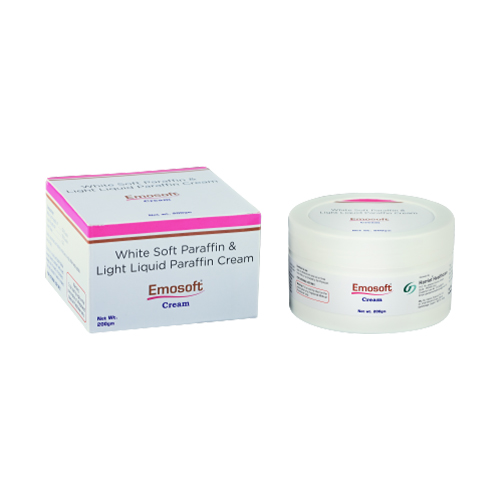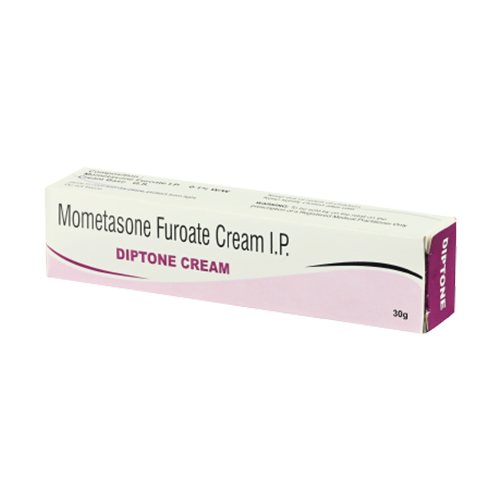Betamethasone Dipropionate, Gentamicin & Zinc Sulphate Cream
SKINOVATE-G

A cream containing Betamethasone Dipropionate, Gentamicin, and Zinc Sulphate cream is used topically to treat a variety of skin disorders. Betamethasone dipropionate is a highly effective corticosteroid that relieves inflammation, itching, and redness. Gentamicin is an antibiotic that fights bacterial infections, whilst zinc sulfate protects the skin and aids wound healing. These three chemicals, when combined in a cream formulation, interact synergistically to relieve symptoms of skin disorders such as eczema, dermatitis, psoriasis, and bacterial skin infections. However, it is critical to follow the directions of a healthcare practitioner and be aware of any potential adverse effects or contraindications.
Benefits of Betamethasone Dipropionate, Gentamicin, and Zinc Sulphate cream
Betamethasone Dipropionate, Gentamicin, and Zinc Sulphate Cream work together to give a comprehensive therapy approach for specific skin problems. The following is how each component adds to total effectiveness:
- Betamethasone dipropionate is a corticosteroid that relieves inflammation, itching, and redness. It aids in the suppression of the immunological response and the inhibition of the release of inflammatory chemicals in the skin.
- Gentamicin is an antibiotic component that combats bacterial infections. It kills bacteria by interfering with protein synthesis, inhibiting their growth and spread.
- Zinc sulfate: This component protects the skin and aids in wound healing. It provides a barrier that protects the skin from irritants while also encouraging tissue regeneration and lowering infection risk.
How Betamethasone Dipropionate, Gentamicin, and Zinc Sulphate DreamWorks
Betamethasone Dipropionate, Gentamicin, and Zinc Sulphate Cream work together to give a comprehensive therapy approach for specific skin problems. The following is how each component adds to total effectiveness:
- Betamethasone dipropionate is a corticosteroid that relieves inflammation, itching, and redness. It aids in the suppression of the immunological response and the inhibition of the release of inflammatory chemicals in the skin.
- Gentamicin is an antibiotic component that combats bacterial infections. It kills bacteria by interfering with protein synthesis, inhibiting their growth and spread.
Zinc sulfate: This component protects the skin and aids in wound healing. It provides a barrier that protects the skin from irritants while also encouraging tissue regeneration and lowering infection risk. The formulation targets several elements of skin conditions by integrating these components in a single cream. Betamethasone dipropionate lowers inflammation and symptoms, gentamicin fights bacterial infections, and zinc sulfate protects the skin and promotes wound healing. The combined benefits assist to relieve discomfort, reduce infections, and promote general healing, resulting in better skin health.
How to Use the Cream
Follow these basic instructions when using Betamethasone Dipropionate, Gentamicin, and Zinc Sulphate Cream:
- Cleanse the afflicted skin: Gently wash the affected skin with mild soap and water. Before applying the lotion, pat it dry with a clean towel.
- Apply a thin layer: Apply a tiny amount of cream to the affected area in a thin layer. Use enough to cover the entire afflicted area, but don’t go overboard.
- Gently massage the cream into the skin with clean fingertips until it is completely absorbed. Ensure that the impacted region is evenly distributed.
- Wash your hands properly after application to eliminate any residual cream and avoid distributing it to undesired locations.
- usage frequency: Stick to the frequency of usage advised or recommended by your healthcare expert. It is typically administered once or twice daily. Do not take more than the suggested amount.
- Treatment time: Use the cream for the period prescribed by your healthcare provider. Even if symptoms improve, it is critical to finish the entire course of treatment to avoid a recurrence.
- Avoid contact with sensitive areas: Unless otherwise indicated, avoid applying the cream to sensitive regions such as the eyes, nose, mouth, or open wounds. If inadvertent contact occurs, thoroughly rinse with water.
Precautions While Using the Cream
Certain precautions must be taken when utilizing Betamethasone Dipropionate, Gentamicin, and Zinc Sulphate cream. Here are some crucial items to remember:
- Follow the advice of your healthcare provider: Apply the cream exactly as advised by your healthcare practitioner. Follow the specified dosage, frequency of use, and treatment duration.
- Unless otherwise directed, avoid applying the cream to sensitive regions such as the eyes, nose, mouth, or open wounds. If inadvertent contact occurs, thoroughly rinse with water.
- Allergic reactions: If you have a known allergy to any of the cream’s constituents, notify your healthcare provider. Keep an eye out for symptoms of an allergic response, such as a rash, itching, swelling, or difficulty breathing. If any allergic reactions develop, discontinue use and seek medical treatment.
- Prolonged usage of topical corticosteroids, such as betamethasone dipropionate, may result in skin thinning, stretch marks, or other skin problems. Use the cream as advised and visit your doctor if you have any concerns about long-term use.
- Avoid abrupt discontinuation: If you have been using the cream for a long time, do not cease using it suddenly. Before quitting, follow your healthcare professional’s advice for progressively reducing the frequency of application.
- Use during pregnancy and breastfeeding: Tell your doctor if you are pregnant, plan to become pregnant, or are breastfeeding. Before prescribing the cream, they will assess the risks and advantages.
- Interactions with other medications: Tell your doctor about any other medications you’re taking, including over-the-counter products and supplements. Certain drugs may interact with the cream, reducing its effectiveness or raising the risk of side effects.
- Sun exposure: Some creams may make you more sensitive to sunshine. Take precautions, such as utilizing sun protection measures (e.g., sunscreen, protective clothing) and minimizing sun exposure during treatment, if indicated by your healthcare practitioner.
| Pack Size | 20 GM |
|---|---|
| Packing Type | LAMI TUBE |




